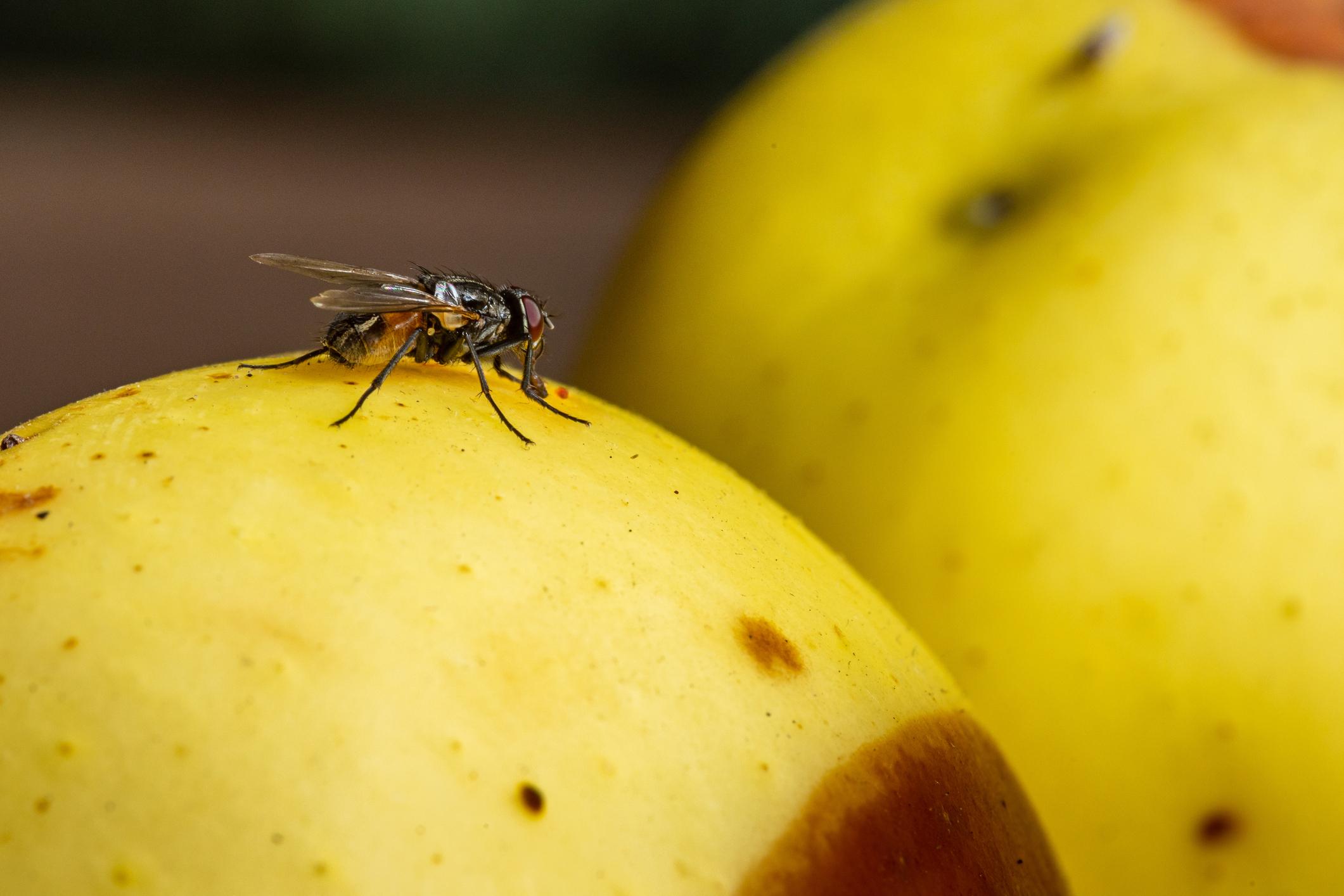Volatile fungi found in mold in bathrooms or kitchens affect the functioning of certain neurotransmitters in the brain and cause degeneration of dopaminergic neurons. They promote the development of the disease Parkinson’s. This pathology is characterized by the loss of this type of neurons which causes slowness, motor difficulties, tremors, muscle stiffness and sometimes swallowing disorders or depression.
Tests carried out on flies
To determine the toxicity of volatile mold fungi, researchers at the State University of New Jersey and New Brunswick and Emory University (USA) exposed fruit flies to 5 different molecules of the fungus. The most toxic has been named “1-octene-3-ol”.
Insects exposed to this molecule show motor difficulty and die long before other flies. The researchers also found a loss of dopaminergic neurons and a reduction in dopamine levels in their brains. Contact with the toxic “1-octene-3-ol” molecule reduced the number of all but one type of dopaminergic neuron, implying a 28% decrease in dopamine levels.
These conclusions having been established on flies, researchers must determine at what dose these fungi are toxic to humans and promote the development of Parkinson’s disease.
In France more than 150,000 people suffer from Parkinson’s, the most frequent neurodegenerative disease after that ofAlzheimer’s. And, contrary to popular belief, it is not a disease pathology reserved for the elderly since 20% of patients are under 50 years old.

















